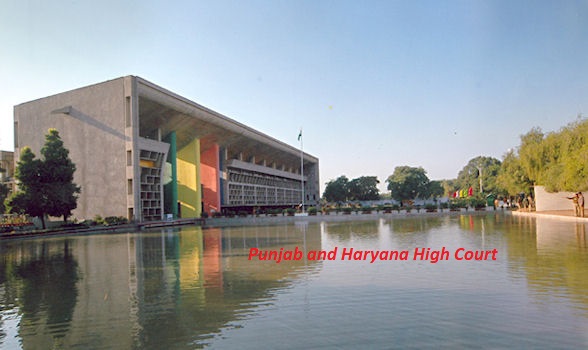Last Updated on September 23, 2021 7:14 pm by INDIAN AWAAZ

Agencies / Chandigarh
Expressing concern over plight of the hapless parents thrown at the mercy of destiny, the Punjab and Haryana High Court on Sep 22 quoted Guru Granth Sahib to ask the children to treat them as God.
Justice Harnaresh Singh Gill, Punjab & Haryana High Court observed that Parents became helpless from all sides and then began the unfortunate tale of their moving from one forum to another for the redress of their grievances.
Dealing with the legal issues on the rights of senior citizens, Justice Harnaresh Singh Gill also made it clear that a son and daughter-in-law could not maintain their claim on the parents’ house on the grounds of contributing towards its renovation.
In his detailed order, Justice Gill asserted that Sri Guru Ram Dass had written in the holy script of Sri Guru Granth Sahib “kaahay poot jhagrat ha-o sang baap/ jin kay janay badeeray tum ha-o tin sio jhagrat papp”. Interpreting the couplet, Justice Gill said it meant: “O son, why do you argue with your father? It is a sin to argue with the one who fathered you and raised you.”
Justice Gill added the parents became helpless from all sides and then began the unfortunate tale of their moving from one forum to another for the redress of their grievances. Referring to the facts of the case in hand, Justice Gill asserted it was a classic example where petitioner son and daughter-in-law were seeking equities, entirely forgetting that their old and aged parents had to seek their eviction to buy back peace and freedom because of their conduct. Equity means a set of remedies and associated procedures involved with civil law.
Justice Gill observed the father’s case was that the house was his self-acquired property, and not joint Hindu family property. Acting on the basis of a Sub Divisional Magistrate’s report saying that father was the house owner as per the sale deed, Kurukshetra District Magistrate ordered the petitioners’ ejectment.
Dismissing the petition, Justice Gill added that the petitioners had not filed any document to show the father had gifted the house. “Even in the cases, where a gift deed was executed by the parents in favour of the children, it was held that irrespective of any condition regarding providing to the transferor the basic amenities, the transferee would be bound to maintain the transferor,” Justice Gill concluded.
